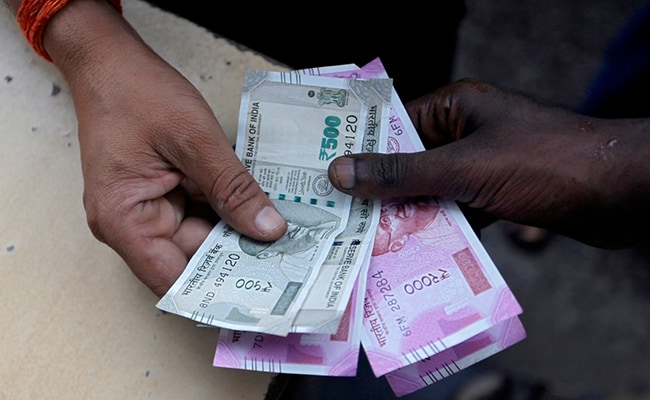
The Income Tax Department has outlined the criteria for withdrawal through an official order.
New Delhi:
The Income Tax Department has set a limit of Rs 1 lakh per taxpayer for withdrawing small tax demands. A tax demand is a document stating how much tax an individual or organization owes. This decision has been taken after the announcement regarding withdrawal of direct tax demands in the interim budget. The Income Tax Department, through an official order, has outlined the withdrawal criteria focusing on demands up to assessment year 2015-16.
Finance Minister Nirmala Sitharaman had earlier announced in the interim Budget 2024-25 that tax demand would be up to Rs 25,000 for assessment year 2010-11 and Rs 10,000 for assessment years 2011-12 to 2015-16. , will be withdrawn. This move is expected to benefit taxpayers and reduce the financial burden.
The tax department order specifies that outstanding demands related to income tax, wealth tax and gift tax till January 31, 2024 will be waived off and eliminated. However, this is subject to a maximum limit of Rs 1 lakh for a specific taxpayer or assessee. This limit includes the major component of tax demand along with interest, penalty, duty, cess and surcharge.
This exemption will not be applicable to demands raised against tax deductors or tax collectors under the Tax Deducted at Source (TDS) or Tax Collection at Source (TCS) provisions of the Income Tax Act.
In a recent order, the Central Board of Direct Taxes (CBDT) clarified that the Rs 1 lakh limit includes the basic tax component as well as outstanding demand entries relating to interest, penalty, fee, cess or surcharge in the books of tax authorities. . Under three tax acts.
However, as the demands expire the taxpayers do not have any claim for credit or refund. Additionally, this action does not provide immunity from any pending, initiated or contemplated criminal proceedings against the taxpayer.
The CBDT said that the demand falling within the prescribed limit, even if eligible for withdrawal, will not lapse when raised against the entities required to deduct or collect tax at source under the income tax provisions relating to TDS or TCS.
Follow us on Google news ,Twitter , and Join Whatsapp Group of thelocalreport.in













